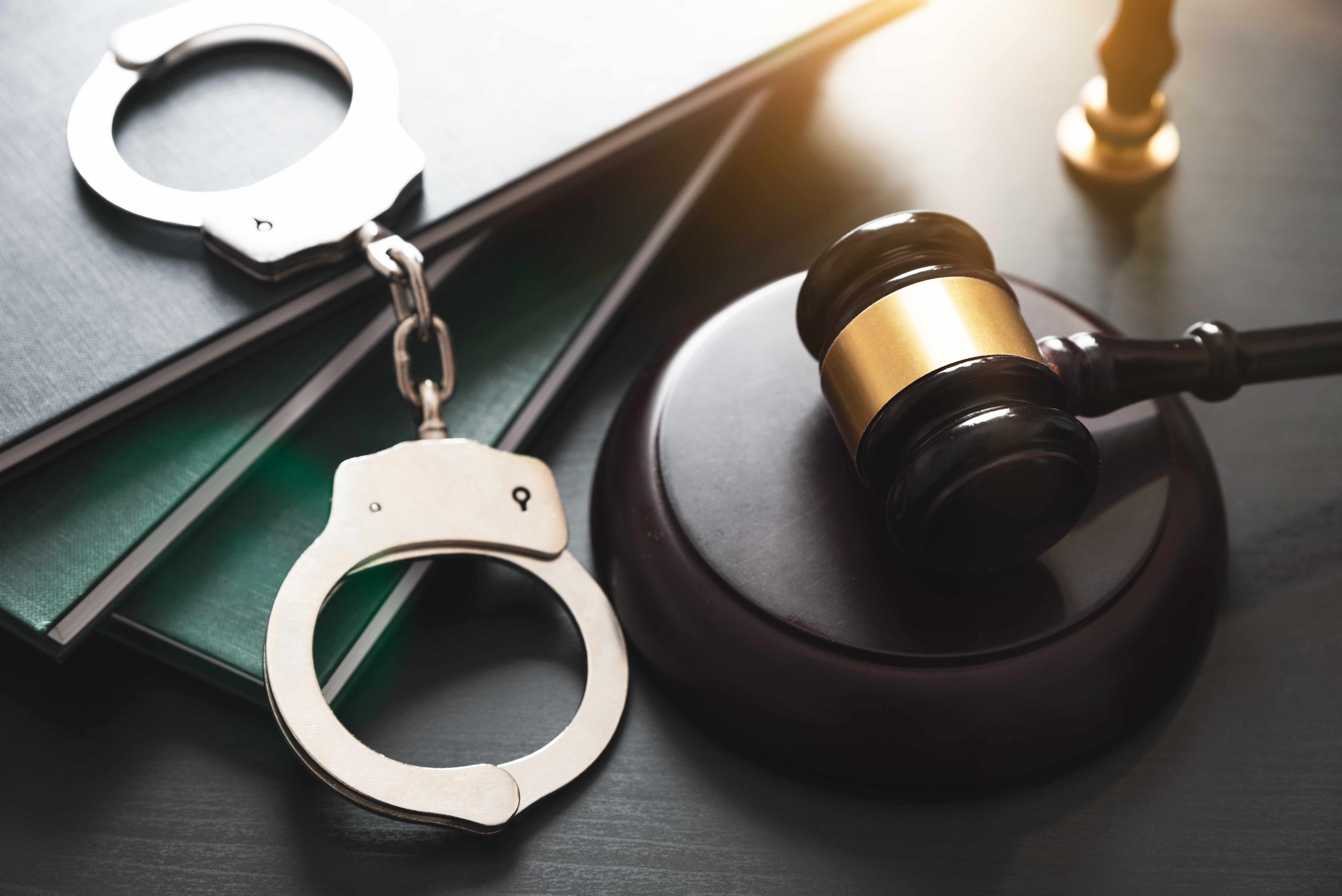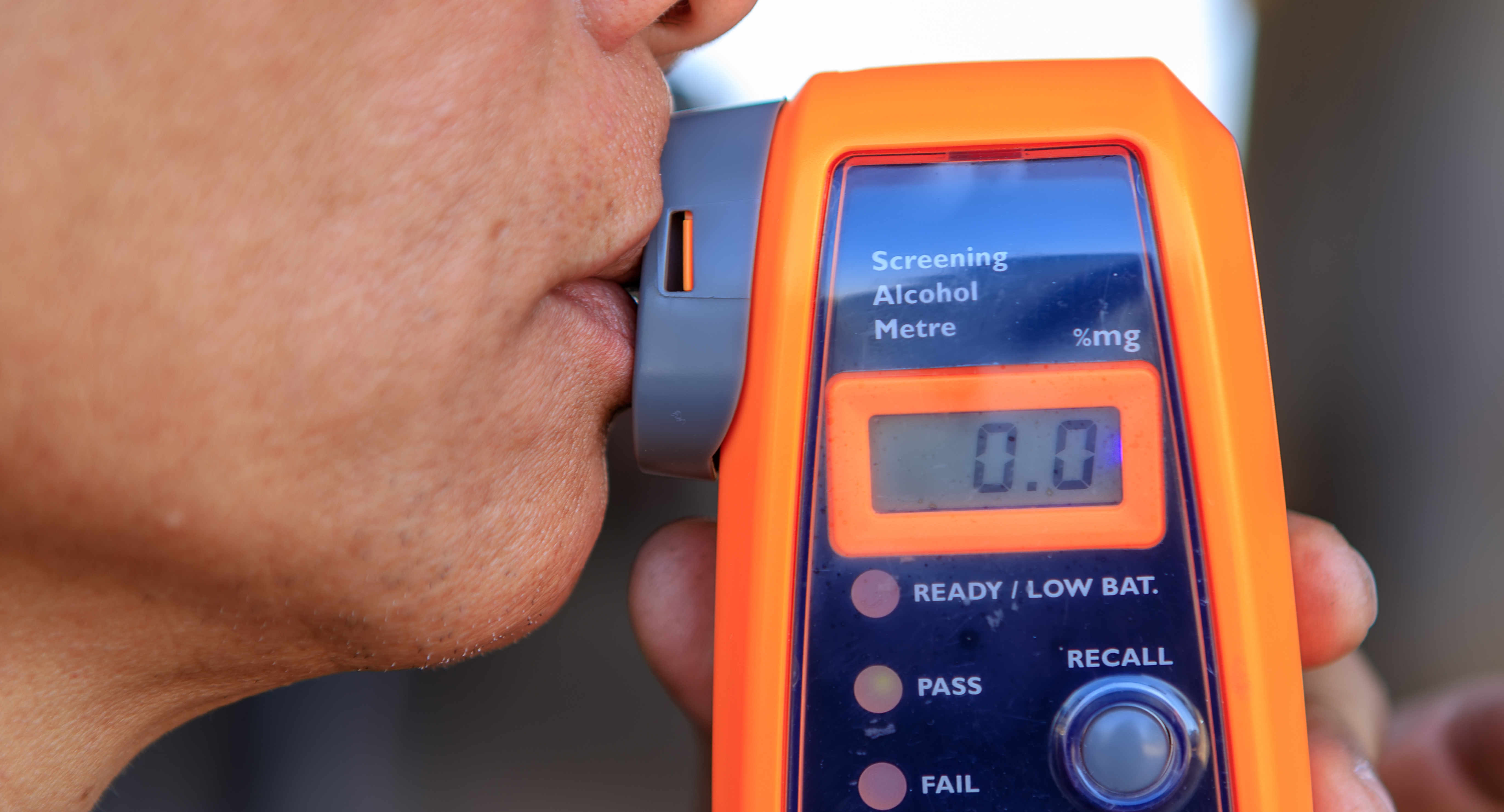- There are no federal laws that prevent people from living or sleeping in their cars
- State laws and local ordinances restrict where you can spend the night in your car
- If you’ve been drinking, sleep in the back seat, and make sure the car’s engine is off
Living and sleeping in your car is legal in Texas and 48 other states. However, that doesn’t mean you can pull over just anywhere for a nap. There are restrictions and local ordinances that limit your options.
Rest stops are typically the safest place to stop if you need a nap or a place to spend the night in your car. The parking areas are well-lit, there is usually a steady stream of traffic, and there are restroom facilities. Some even offer grills and picnic tables, in case you need a spot for a meal. You can stay there for up to 24 hours. Texas Transportation Code § 545.411 says you can rest for up to 24 hours.
Aside from rest stops, your options narrow. Some cities and communities are more lenient, while others have strict rules. However, always ask permission first. If you’re sleeping on the street in front of someone’s home, and you don’t have their permission, at best, they may get nervous and call the police (resulting in a criminal trespassing charge). At worst, they could get aggressive and confrontational. Don’t assume the homeowner won’t notice your vehicle. Ring Cameras and security systems often alert homeowners to cars parked in the vicinity.
Where is it Legal to Sleep in My Car in Texas?
Rest stops: Texas Transportation Code § 545.411 requires rest stops statewide to allow drivers to stop and rest for a maximum of 24 hours. The state even provides a map of locations.
- Private property (with the owner’s consent): You must have permission from the property owner. Don’t assume that it’s OK, even if the homeowner is a friend or family member.
- Some Walmart parking lots (with permission): There’s no official policy; each store manager decides, so you need to ask for permission. Some have designated space for RVs or trucks.
- Truck stops (sometimes): Some truck stops like Flying J, Love’s, and Pilot may allow overnight stays in recreational vehicles (RVs) for a fee. However, not all roadside convenience stores allow overnight stays. For example, Buc-ee’s does not. You will need to check with the manager. If truckers aren’t allowed to sleep in the parking lot, you likely won’t be able to, either.
- Campgrounds and RV parks: Some Texas campgrounds and State Parks allow sleeping in vehicles. However, a manager must confirm this, and there is typically a fee. Expect to pay at least $15 to $20. However, these are safe places to sleep and often have shower facilities.
Places Where It Is Illegal to Sleep in Your Car in Texas
- Private property (without the owner’s consent): Texas Penal Code, Sec. 30.05 clarifies that this could lead to a criminal trespassing charge, even on a public street or alley outside a private residence.
- City streets and residential areas: In major cities, including Dallas (as established by Dallas City Code SEC. 31-13) and Houston, sleeping in your vehicle is illegal in residential areas, along city streets, or in public parks.
- Beaches: Camping permits are required to sleep on many beaches in Texas. Make sure you know the legal requirements for camping.
- School zones: Texas Transportation Code, Sec. 545.302 says you cannot sleep in your car in a school zone in Texas.
If you’re caught sleeping in your vehicle in an area where it is not permitted, you could face:
- Fines
- Arrest
- Towing
Always check the local ordinances and laws in the area in which you plan to stay.
Tips for Sleeping in Your Car in Texas
Don’t take unnecessary risks: Plan ahead to ensure your safety. If you’re traveling through an unfamiliar area, search for places to take a break before you set off.
- Prioritize safety: Lock doors, park in a well-lit area, and keep windows only slightly cracked.
- Protect yourself: Extreme temperatures can be a risk in Texas. Additionally, if you aren’t in a well-ventilated area, you could be at risk for carbon monoxide poisoning.
- Write a note: Stick a note to the window or windshield to alert any passersby or law enforcement officers that you’re safe and sleeping. Otherwise, you run the risk of being awakened by a welfare check.
- Check local laws: Cities and municipalities may have local ordinances. If you aren’t sure of the local laws, it’s best to check with the local police department.
- Ask for permission: Many places require advance permission. It’s best to ask and be told no than to risk criminal trespassing charges if you aren’t certain.
- Use discretion: Avoid attention and hide any valuable items. Make sure any alcohol or prescription medications are tucked away out of sight.
- Be prepared: Pack blankets, pillows, a portable phone charger, water, and window shades.
- Have a backup plan: Have a backup location in mind in case you’re asked to move.




